Industrial electric motors are crucial components in various industries, driving machinery and equipment that power manufacturing, processing, and production. Selecting the right motor is essential for ensuring efficiency, reliability, and cost-effectiveness in industrial applications. This blog will guide you in choosing the right industrial electric motor to meet your operational needs.
Industrial electric motors convert electrical energy into mechanical energy, providing the necessary power to run various machines and equipment. They come in different types and sizes, each designed for specific applications. The main types of industrial electric motors include:
These are powered by alternating current (AC) and are commonly used in applications requiring constant speed.
Powered by direct current (DC), these motors are suitable for applications requiring variable speed control.
Known for their precision and control, servo motors are used in applications requiring accurate positioning.
These motors move in discrete steps, making them ideal for applications needing precise movement and control.
When choosing industrial electric motors, several factors must be considered to ensure optimal performance and compatibility with your application. Here are the essential considerations.
The power requirements of your application will determine the size and type of motor needed. Calculate the horsepower (HP) or kilowatts (kW) required to drive your machinery.
Consider the environment where the motor will operate. Factors such as temperature, humidity, and exposure to chemicals or corrosive substances can affect motor performance and longevity. Select a motor with the right enclosure rating (like TEFC) to shield it from environmental dangers and keep it safe.
Understand how your application functions. Determine if it requires a constant or variable load. Identify the amount of torque it needs.
These factors will influence the choice of motor type and size. For instance, applications with high starting torque may require a motor with a high starting current capacity.
Determine the required speed and control features for your application. Typically, people use AC motors for constant-speed applications. In contrast, DC motors offer better speed control for variable-speed applications.
Energy efficiency is a critical factor in selecting industrial electric motors. High-efficiency motors consume less power, reduce operational costs, and have a lower environmental impact. Look for motors with high-efficiency ratings, such as those meeting NEMA Premium or IE3 standards.
Consider the maintenance requirements and reliability of the motor. Motors with low maintenance needs and high reliability can reduce downtime and maintenance costs.
While cost is an important consideration, it should not be the sole determining factor. Evaluate the total cost of ownership, including initial purchase price, energy consumption, maintenance costs, and expected lifespan. Investing in a high-quality motor may have a higher upfront cost. However, it can provide long-term savings and reliability.
Once you have identified your requirements, follow these steps to choose the right industrial electric motors. Then, proceed to buy motors for your application from eINDUSTRIFY.
Perform a thorough needs assessment to understand the specific requirements of your application. Consider power, speed, torque, control, and environmental conditions. Document your findings to create a clear specification for the motor you need.
Research on different types of industrial electric motors available in the market. Read reviews, consult industry experts, and gather information on various motors' performance, reliability, and features. Look for reputable manufacturers known for producing high-quality and durable motors.
Compare the specifications of different motors to find the best match for your application. Attention to key parameters such as voltage, speed, torque, and efficiency ratings. Ensure the motor meets the requirements outlined in your needs assessment.
Evaluate potential suppliers based on their reputation, product range, customer service, and after-sales support. Choose suppliers that offer comprehensive technical support, warranty coverage, and a proven track record of delivering reliable motors.
Request quotes from multiple suppliers to compare prices and terms. Provide detailed specifications to ensure accurate quotes. Consider negotiating terms such as delivery times, warranty periods, and bulk purchase discounts.
Ensure the selected motor complies with relevant industry standards and regulations. Check for certifications such as UL, CE, NEMA, or IEC. These certifications indicate that the motor meets safety and performance standards.
Once you have selected the motor that meets your needs and received competitive quotes, place the order with your chosen supplier. Confirm delivery times, payment terms, and any special requirements.
Upon receiving the motor, arrange for proper installation by qualified personnel. Follow the manufacturer's installation guidelines and perform thorough testing to ensure the motor operates correctly and meets performance expectations.
To maximize the performance and lifespan of your industrial electric motors, consider the following tips.
Implement a regular maintenance schedule to inspect and clean the motor. Address any issues promptly to prevent major breakdowns.
Avoid oversizing or undersizing the motor. Use the right motor size to match the application's power requirements and load characteristics.
For applications requiring variable speed control, use VFDs to optimize motor performance and energy efficiency.
Continuously monitor operating conditions such as temperature, vibration, and noise levels. Unusual changes can indicate potential problems that need attention.
Choosing and buying industrial electric motors involves careful consideration of various factors, from power requirements to operating environment and cost. By conducting a thorough needs assessment and researching motor types and brands, you can gather essential information. Evaluating suppliers will help you make an informed decision.
This decision will enhance your industrial operations. Remember to prioritize efficiency, reliability, and long-term cost savings when selecting your motor. With the right industrial electric motor, you can achieve optimal performance, reduce downtime, and improve overall productivity in your industrial applications.
Our industrial electric motors ensure access to a comprehensive range of products. We also provide expert advice tailored to your specific needs. With our commitment to quality, reliability, and efficiency, eINDUSTRIFY stands ready to empower your business with the right solutions.
Whether seeking optimal performance, cost-effectiveness, or sustainability, our partnership promises to streamline your procurement process and elevate your operational capabilities. Trust eINDUSTRIFY to be your strategic ally in navigating the complexities of industrial motor acquisition, ensuring a future of enhanced productivity.
Q1. What are industrial electric motors used for?
Ans: Industrial electric motors are used to convert electrical energy into mechanical energy to drive machinery and equipment. They are utilized in various industries, such as manufacturing, processing, and production.
Q2. What types of industrial electric motors are available?
Ans: The main types of industrial electric motors include AC motors, DC motors, servo motors, and stepper motors. Each type is suited for specific applications and operational needs. Look for certifications like UL, CE, NEMA, or IEC to make sure the motor meets safety and performance standards.
Q3. How do AC and DC motors differ?
Ans: AC motors are powered by alternating current and are commonly used for constant-speed applications. DC motors are powered by direct current and are suitable for variable-speed control applications.
Q4. What are servo motors and stepper motors used for?
Ans: Servo motors are known for their precision and control, making them ideal for applications requiring accurate positioning.
Q5. What factors should I consider when choosing an industrial electric motor?
Ans: Key factors include power requirements, operating environment, load characteristics, speed and control needs, efficiency, energy consumption, maintenance, reliability, and cost.
Tags: industrial electric motors electric motors electrical energy into mechanical energy converts electrical energy electrical energy into mechanical
RECENT POSTS:
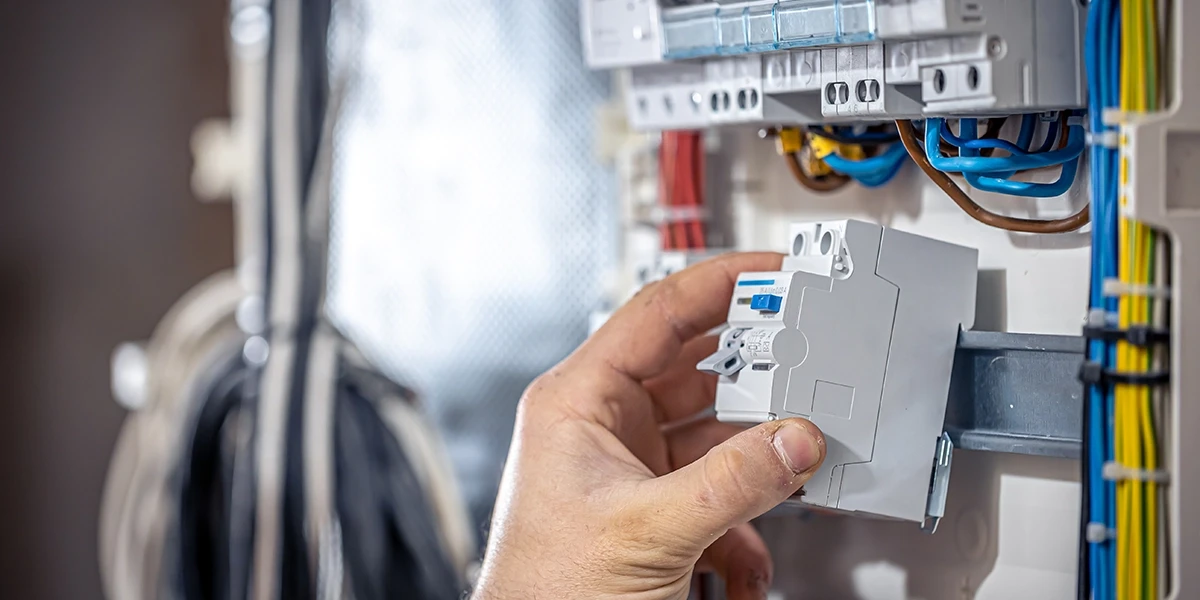
How Industrial Circuit Breakers Are Critical for Power Generation Safety
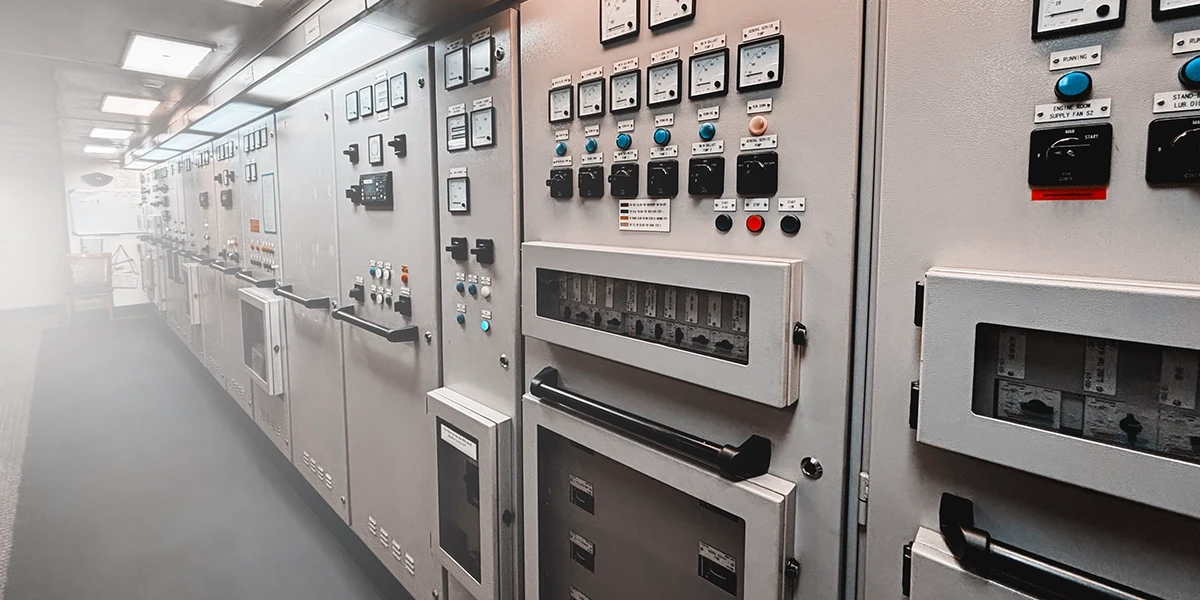
Essential Power Distribution Panels for Optimizing Your Industrial Setup
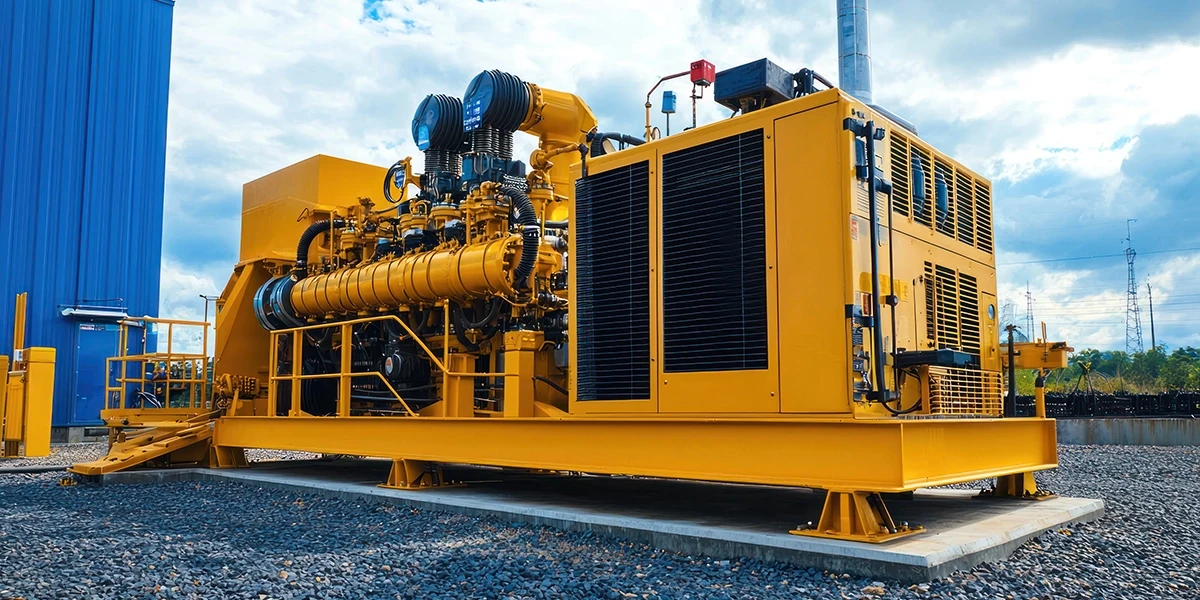
Top 5 Generator Protection Devices for Reliable Power Generation
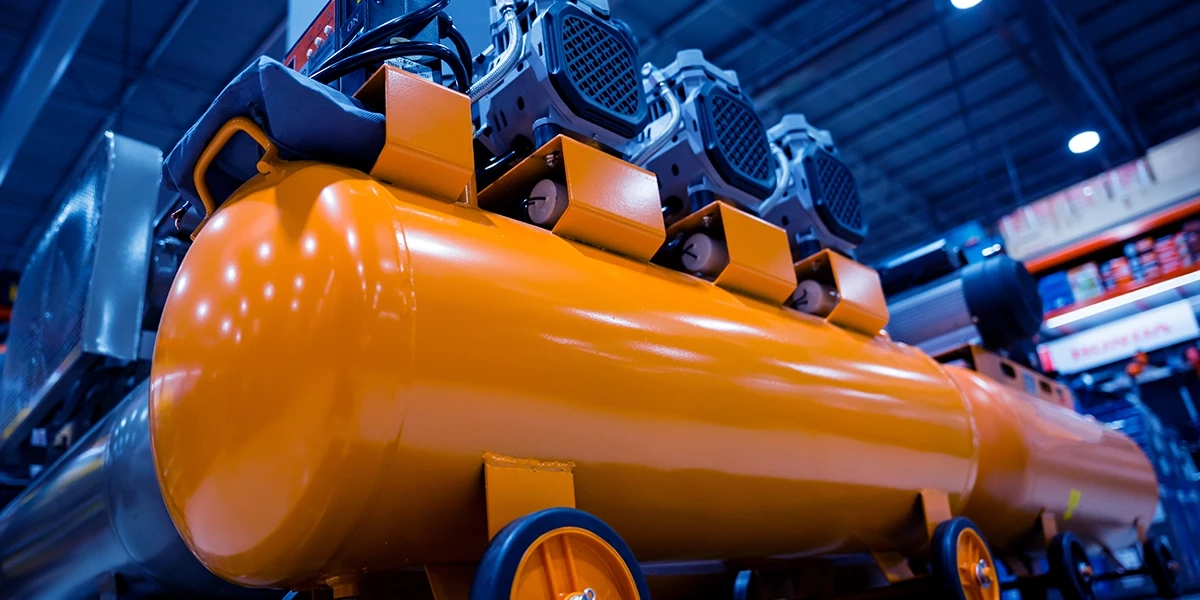
How to Choose the Right Industrial Air Compressor for Your Facility
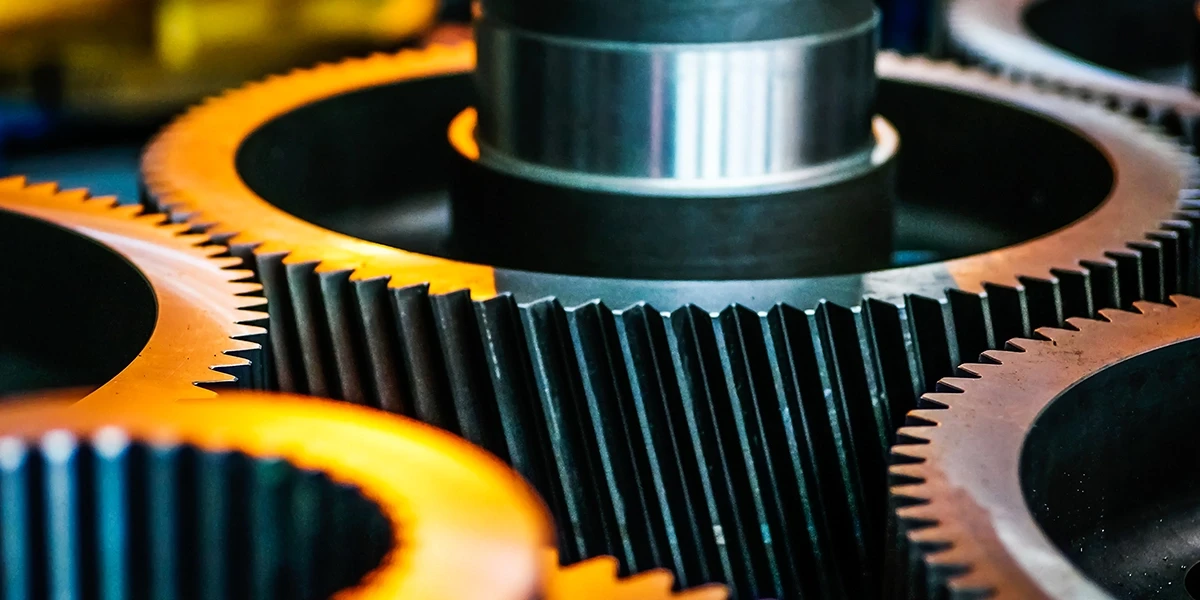
Choosing the Right Global Power Transmission Equipment
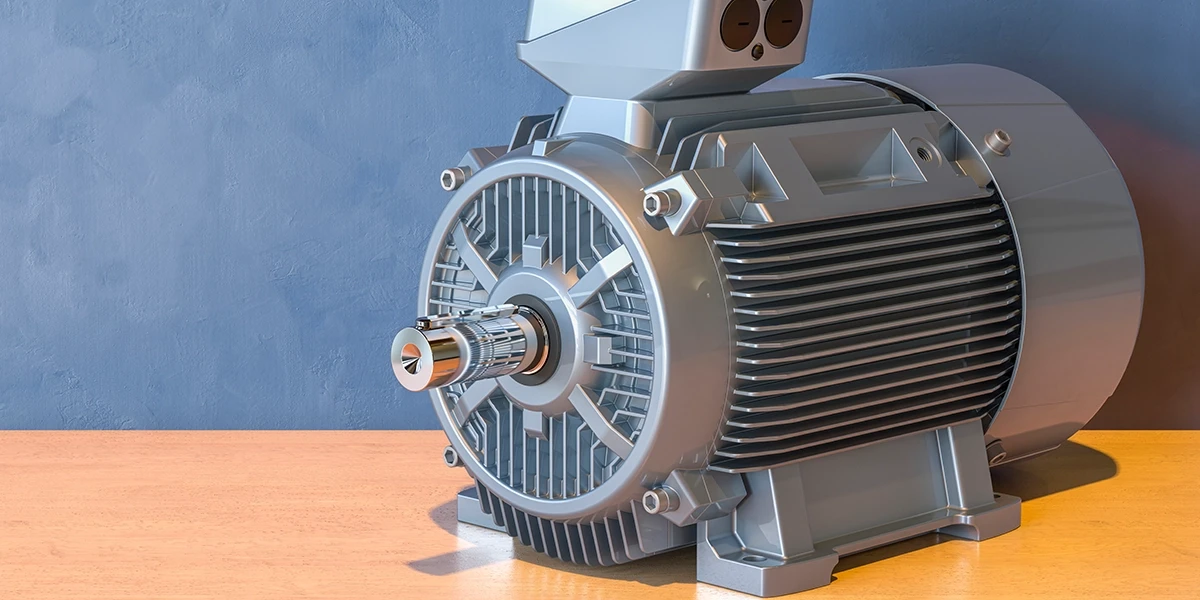
Top DC Motors for Industrial Automation
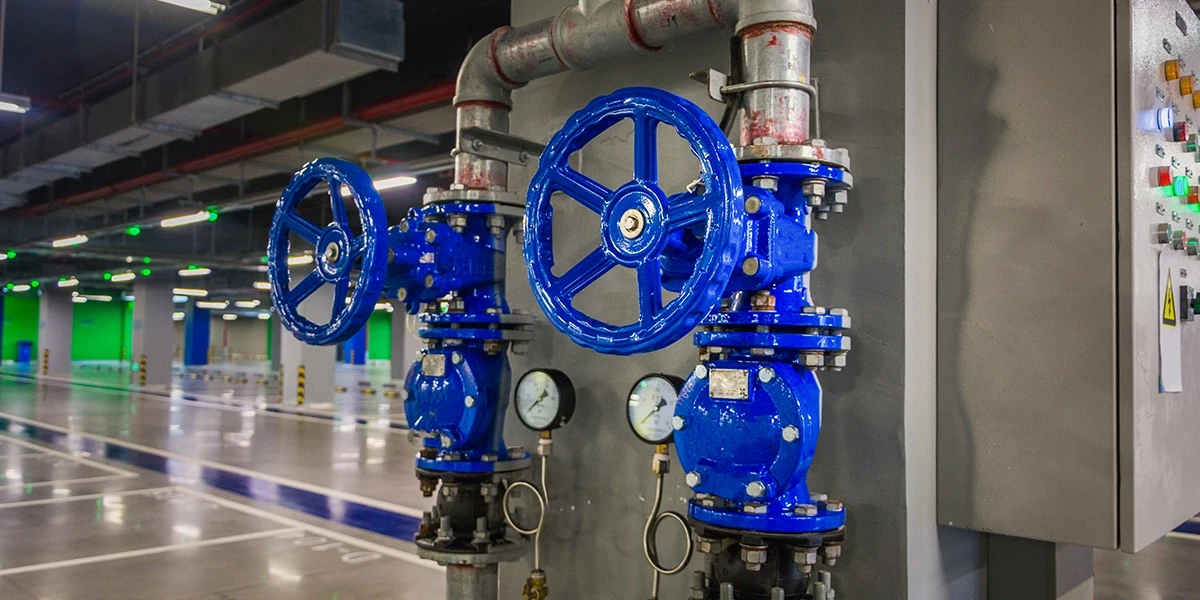
How to Select the Right Control Valves for Your System
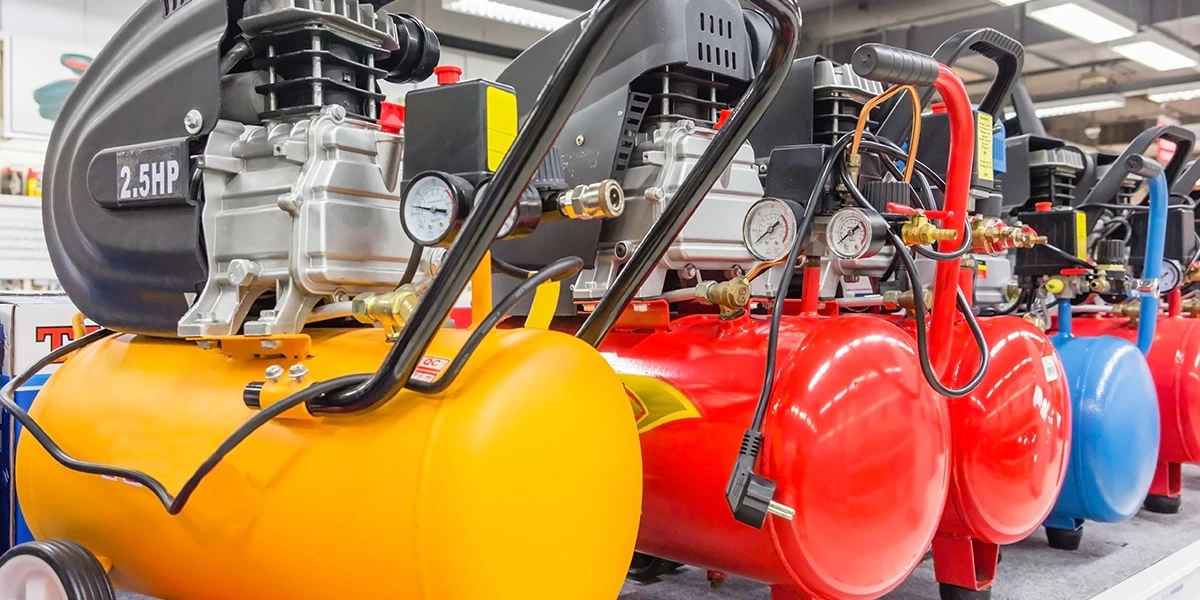
Air Compressors for Sale: Compare Models, Brands, Features